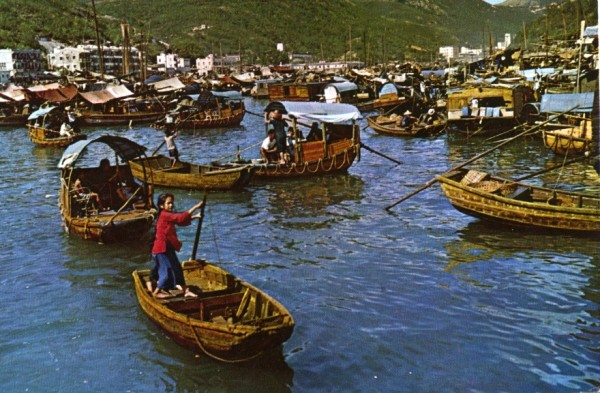The Tanka Group, an ancient group of people living in southern China's coastal waterways, are under threat as the younger generation look to other ways of living, The New York Times reported.
Instead of staying with their families on floating communities, most young people from the Tanka Group are more interested in moving and working in the cities.
Such is the case with Chan Kuai-hung's family.
Chan, who lives with a Tanka group in Datang, Guangdong Province, said that the young people have little to no intentions of "joining life on the water."
"They don't fish anymore," Chan, a 55-year-old fisherman, told The New York Times. "No one in the family is taking up this tradition."
"Our culture is on the verge of extinction because young people under 30 head into the city for work," Lam, another Tanka resident in Datang, shared with The New York Times.
"Look at our hands; you can see that we do hard manual labor. Our life depends on the weather and the waters," said Lam.
It doesn't help that they live in Guangdong Province, a region fast earning a reputation for urban growth, with a penchant for manufacturing. Apartment blocks have been built along the riverfront in close proximity to the Tanka's 200-strong community of boats, while various factories dot the shoreline. And as the Tanka way of life disappears, older members of the group like Chan and Lam can only watch.
Some of the Tanka who have moved onwards to the cities don't even tell their children about their background, according to Wu Shuitian, an expert on Tanka people and a professor at Guangzhou University.
"Many Tanka people who have settled onshore haven't told their children about their Tanka background. The Tanka life on the water is disappearing, and it's also disappearing as a culture," Wu told The New York Times.
The Tanka population in the southern Chinese coast used to be significant until the 1950s. As time went on, the local population dwindled. The Tanka are not listed as a Chinese ethnic minority, and instead has been classified as an impoverished subgroup of the Han majority.


